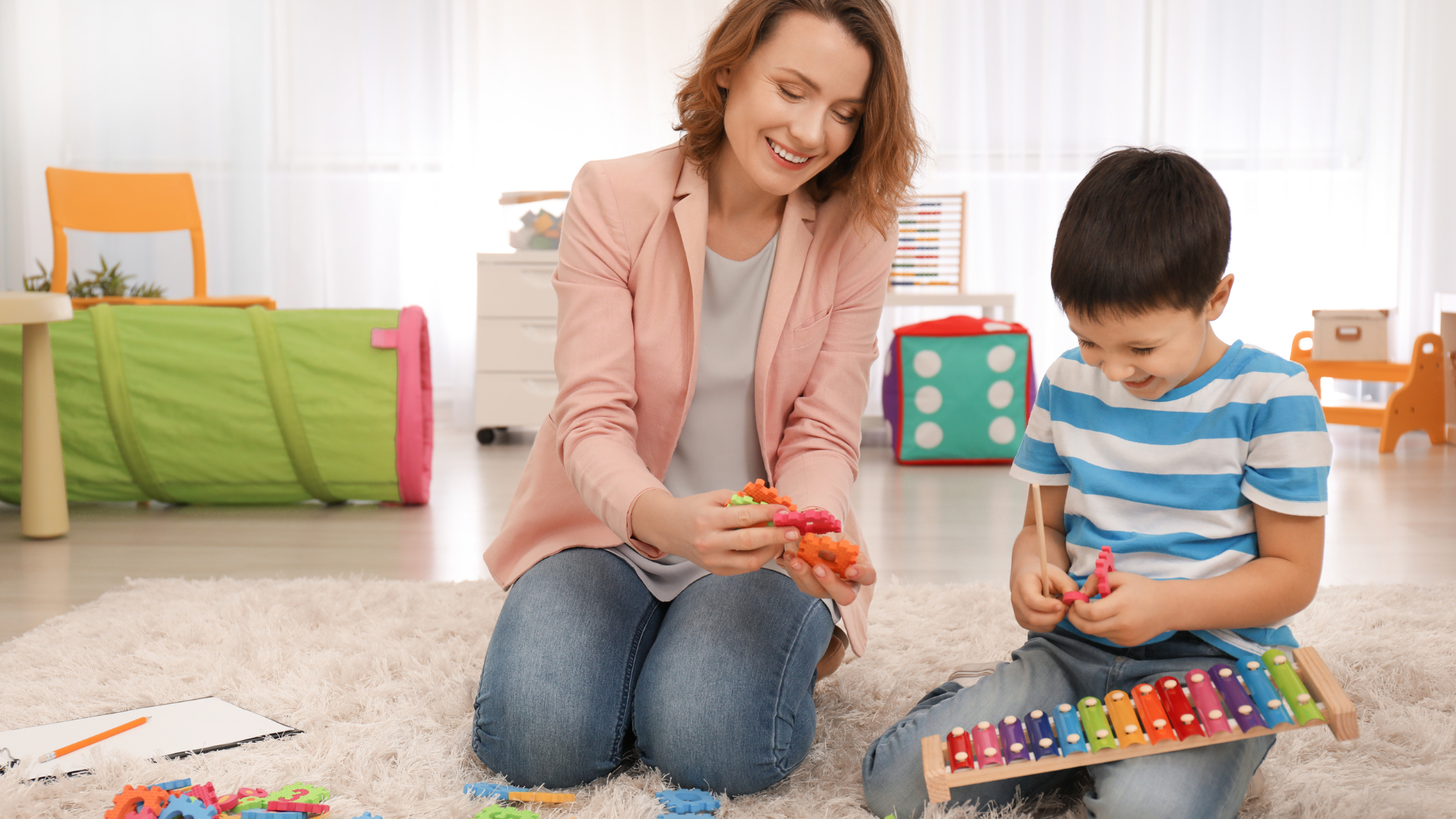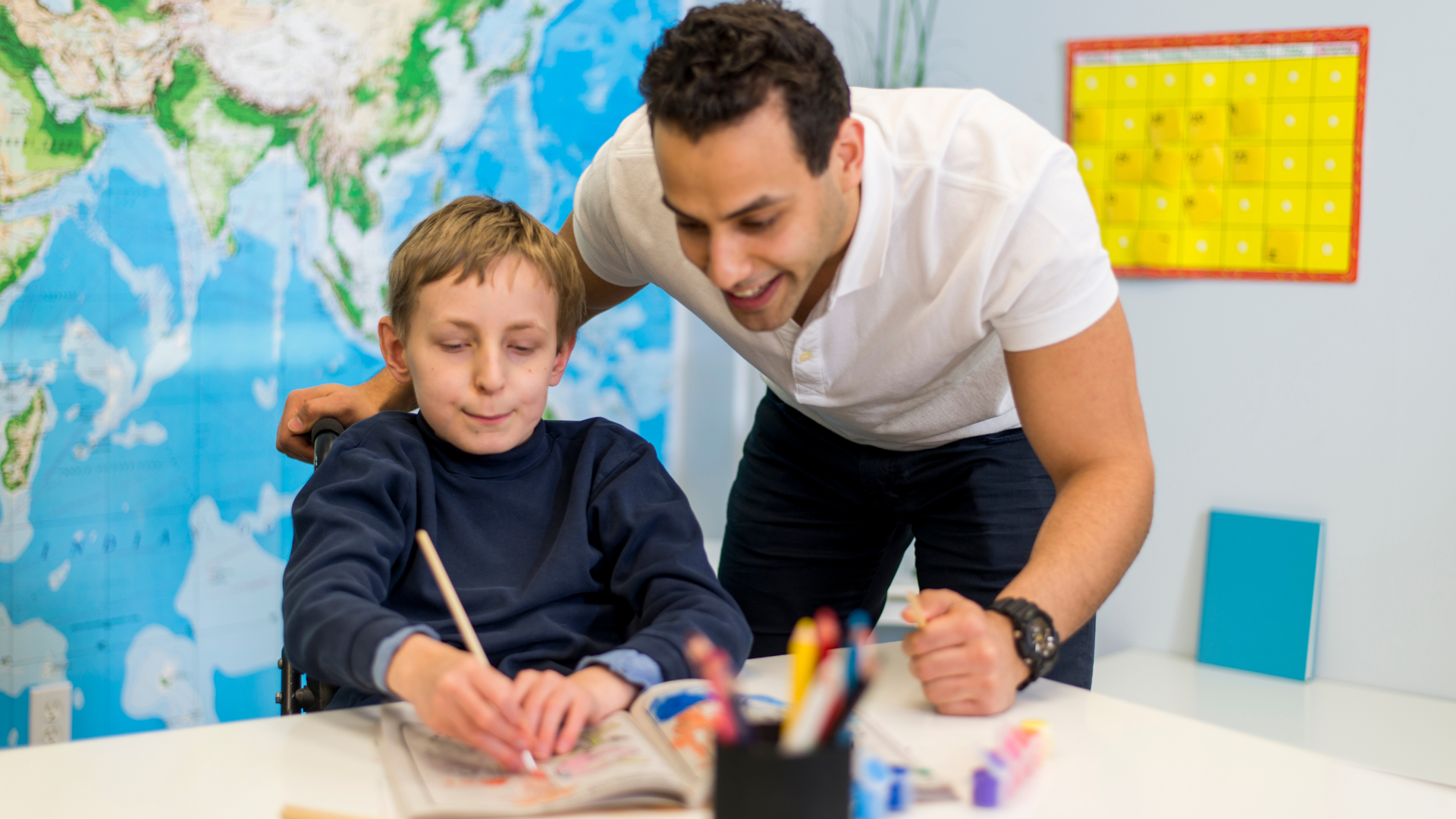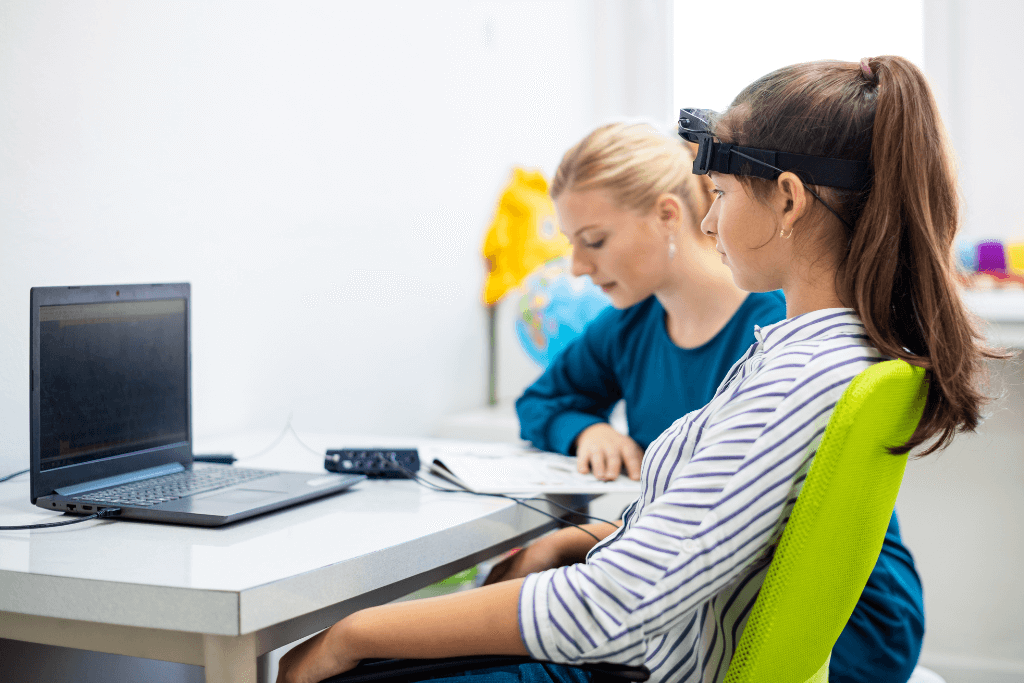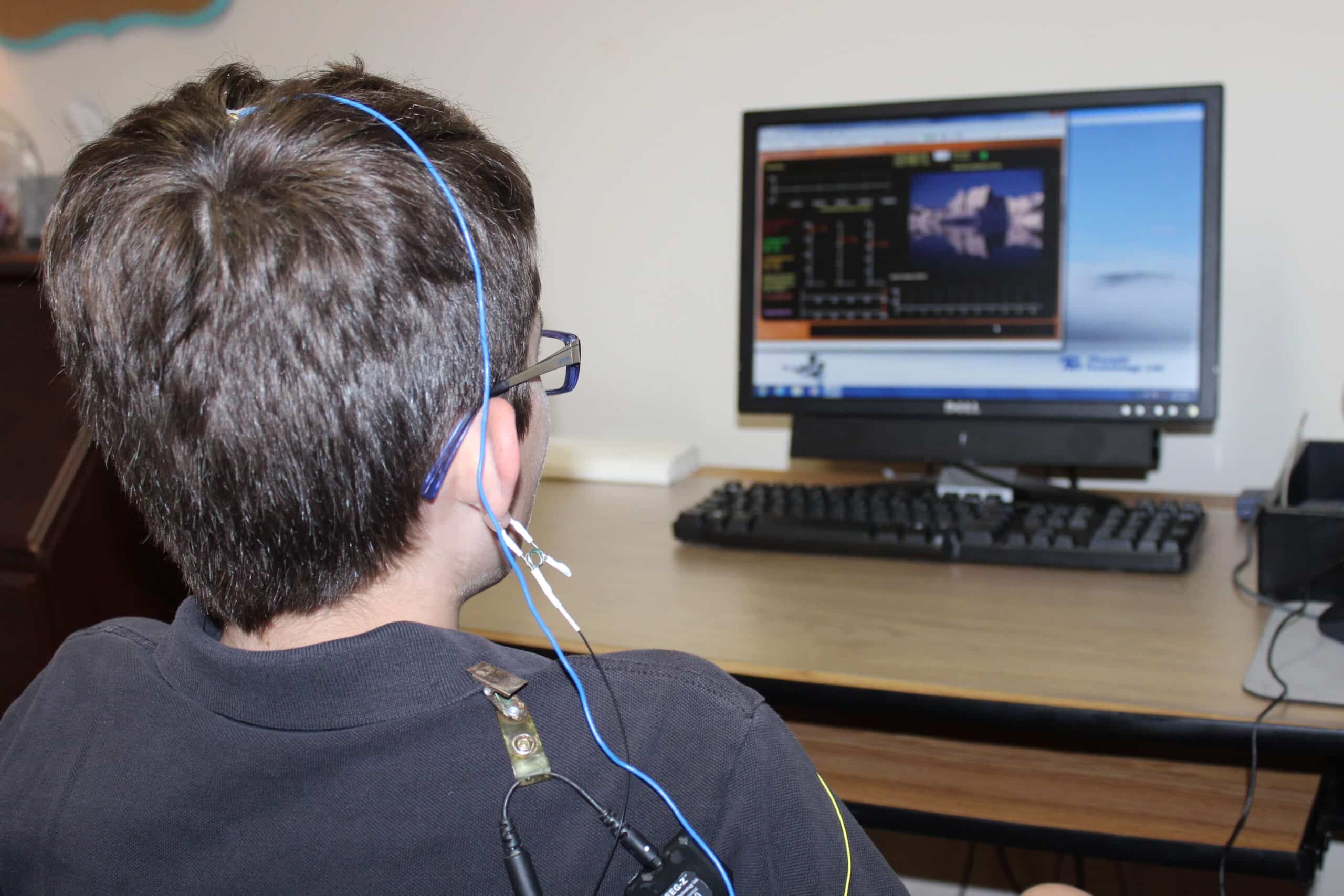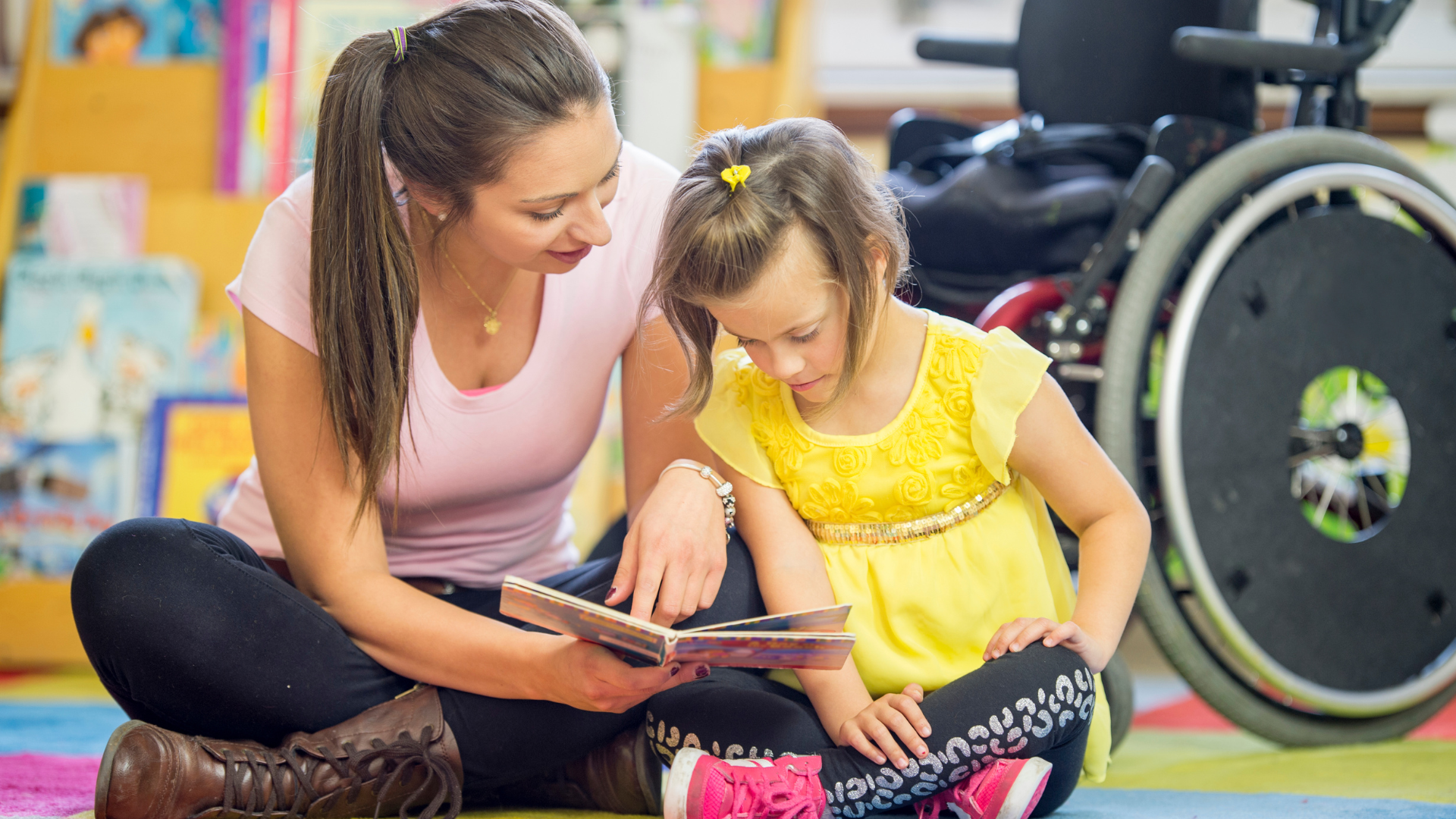
How Do You Know If You Have a Learning Disability?
Learning disabilities can significantly impact an individual’s academic performance and overall well-being. Recognizing the learning disability symptoms is crucial for early intervention and appropriate support. Let’s explore the common signs of learning disabilities and emphasize the importance of seeking a professional learning disability assessment, which I have been doing for the past three decades. So,


